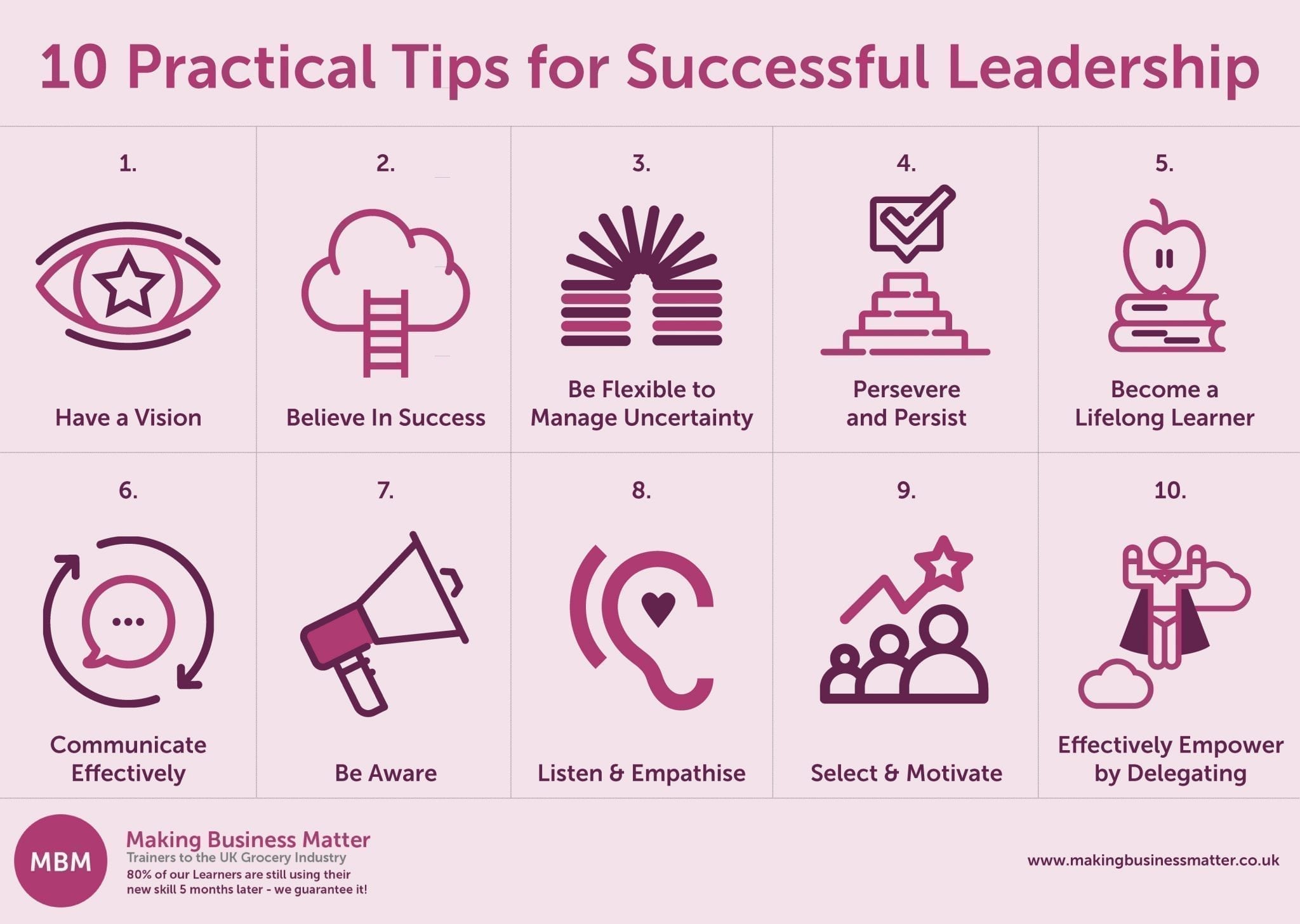Aligning Principles alongside Leadership: An Competence Valuable Nurturing
In the current fast-paced and constantly evolving environment, the landscape of leadership continues to evolve, demanding a new set of skills that align closely with one’s core values. Successful leadership is no longer solely about issuing commands and managing tasks; it is about cultivating an atmosphere where trust, collaboration, and growth can flourish. While professionals strive to make their impact, mastering the crucial leadership skills has become paramount. If you are a seasoned manager or stepping into a leadership role for the initial time, aligning your values with your leadership approach can significantly enhance your effectiveness and influence.
In this piece will explore the top 10 leadership skills that all professional should master, providing insights into how to cultivate strong decision-making abilities, harness the power of emotional intelligence, and communicate clearly with your team. From adaptability and listening actively to strategic thinking and ethical integrity, we will delve into the core competencies that not only characterize effective leaders but also foster a culture of empowerment and innovation. By honing these skills, you can inspire and motivate your team, guiding not just by authority but by setting an example of authentic leadership.
Crucial Guidance Abilities

Proficient leadership hinges on a ensemble of essential abilities that empower leaders to navigate their groups toward achievement. One of the foundational abilities is strong decision-making, which enables leaders assess conditions and make knowledgeable choices that connect with their unit's goals. Enhancing this skill requires training in analytical reasoning, guaranteeing managers can review options completely and predict likely consequences. Additionally, leaders nurture EQ, enabling them to comprehend and control their emotional responses while effectively resonating with their teams. Leadership development but also encourages a collaborative unit atmosphere.
Another essential skill is proficient communication, which acts as the cornerstone of great leadership. Clear, succinct communication facilitates bridge divides between leaders and their units, encouraging openness and insight. Leaders must harness multiple methods of conveyance to adapt to distinct scenarios, whether providing feedback, encouraging enthusiasm, or addressing issues. In addition to communication, adaptability is essential in today's fast-paced environment. Managers must be receptive to shift, pivoting approaches when needed to meet changing needs and challenges while motivating their teams to embrace change.
Building trust is an commonly ignored but important skill for any guide. Belief fosters a secure space where team players can express themselves and contribute fully without fear of criticism. Guides can develop trust through predictability, reliability, and integrity, reinforcing their dedication to the team's achievement. Complementing building trust is the ability to distribute effectively, which empowers team members by giving them ownership of tasks and roles. This not only improves team productivity but also nurtures personal advancement, setting the foundation for a cohesive and high-functioning group atmosphere.
Developing Core Capabilities
To cultivate efficient leadership, professionals must emphasize the growth of crucial competencies that significantly influence their efficiency and the effectiveness of their teams. EQ is a key element of successful leadership, allowing leaders to connect with their team members on a more meaningful level. By understanding and regulating their own emotions while sympathizing with others, leaders can cultivate a positive work environment that promotes cooperation and adaptability.
In addition to this to emotional intelligence, strong decision-making abilities are crucial for a leader's success. This skill allows leaders to evaluate situations critically, weighing options and likely outcomes before making decisions. By refining the skill to make informed choices, leaders can lead their teams through obstacles, showing a blend of confidence and acumen that inspires trust and respect.
Moreover, effective communication plays a key role in aligning teams with shared goals and values. Successful leaders must not only articulate their vision clearly but also hear attentively to their team members. By adopting both verbal and silent communication strategies, leaders can create a culture of honesty, promote constructive feedback, and enhance overall team dynamics, which is vital for long-term success.
Steering with Principles
In the evolving landscape of guidance, aligning values with behavior has become vital for successful guidance. When executives demonstrate their fundamental values through their choices and behavior, they create reliability and faith within their groups. This genuineness motivates dedication and urges team participants to mirror the same principles, cultivating a harmonious and motivated work culture. A leader who prioritizes transparency, honesty, and ethical behavior creates a climate where these principles flourish, ultimately driving the organization towards collective goals.
Furthermore, executives who lead with values are more prepared to manage challenges and conflicts. When dealing with difficult decisions, a values-based approach provides a more defined framework for evaluating possibilities and making decisions that align with the company's purpose. EQ plays a key role here; grasping how values impact team interactions can improve connections and facilitate collaboration. Leaders who genuinely listen and empathize with their group can recognize misalignments and resolve them efficiently, enhancing overall team effectiveness.
In conclusion, cultivating a values-oriented leadership style enables managers to inspire innovation and creativity. By creating an environment where team participants feel valued and in sync with the organization's vision, leaders can access varied viewpoints and ideas. This not only improves solution-finding skills but also drives engagement and satisfaction among team participants. When leaders remain steadfast in their dedication to their values, they position themselves and their teams for enduring achievement in any pursuit.